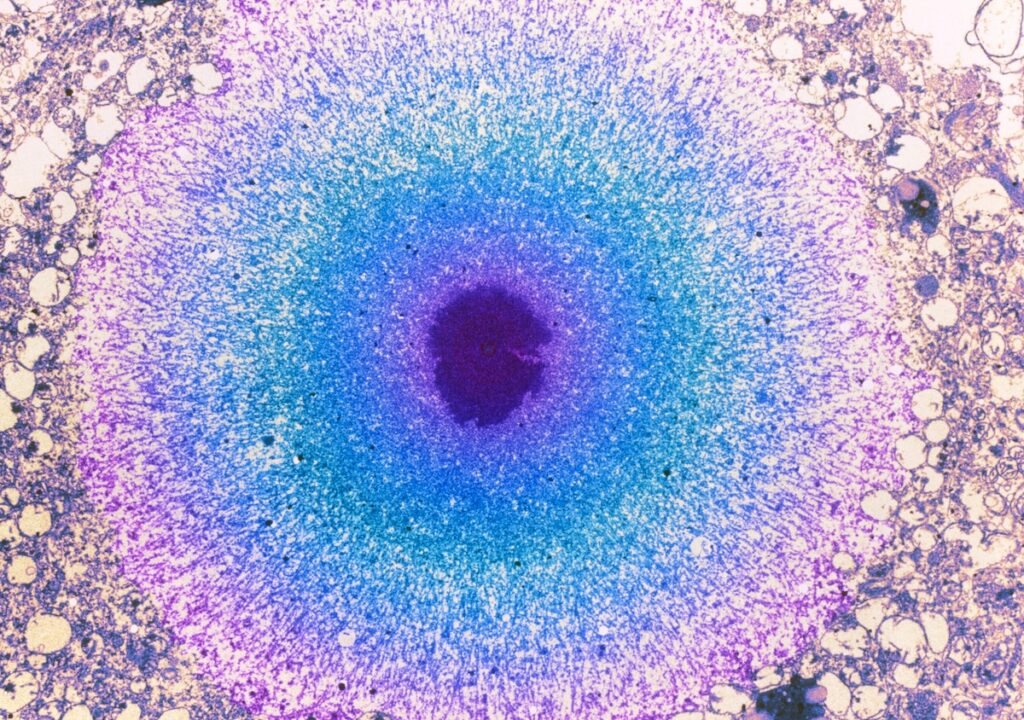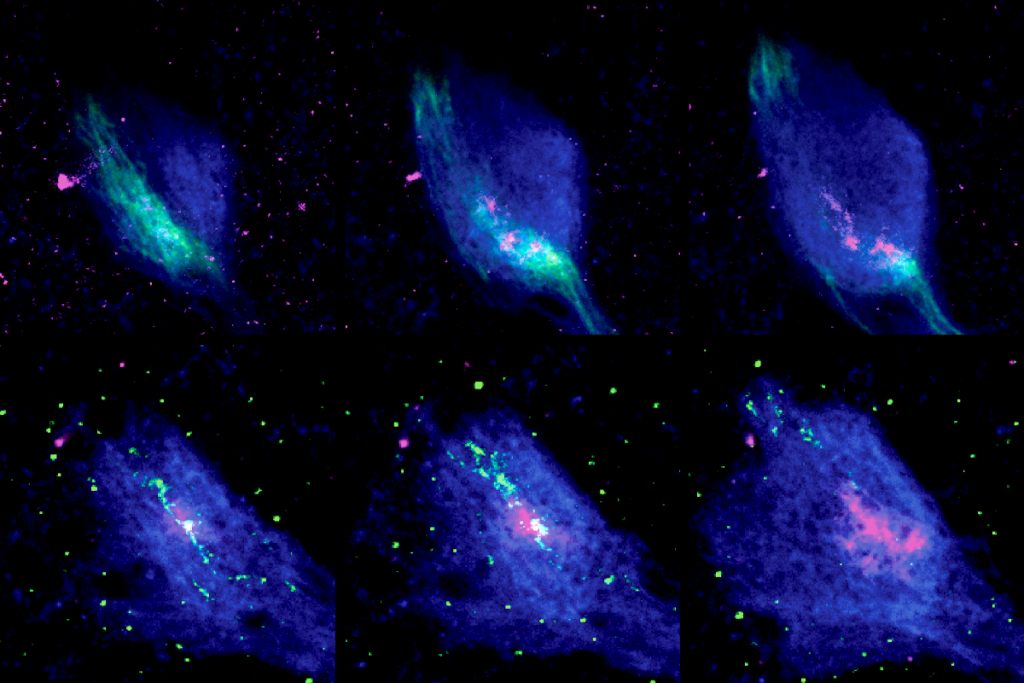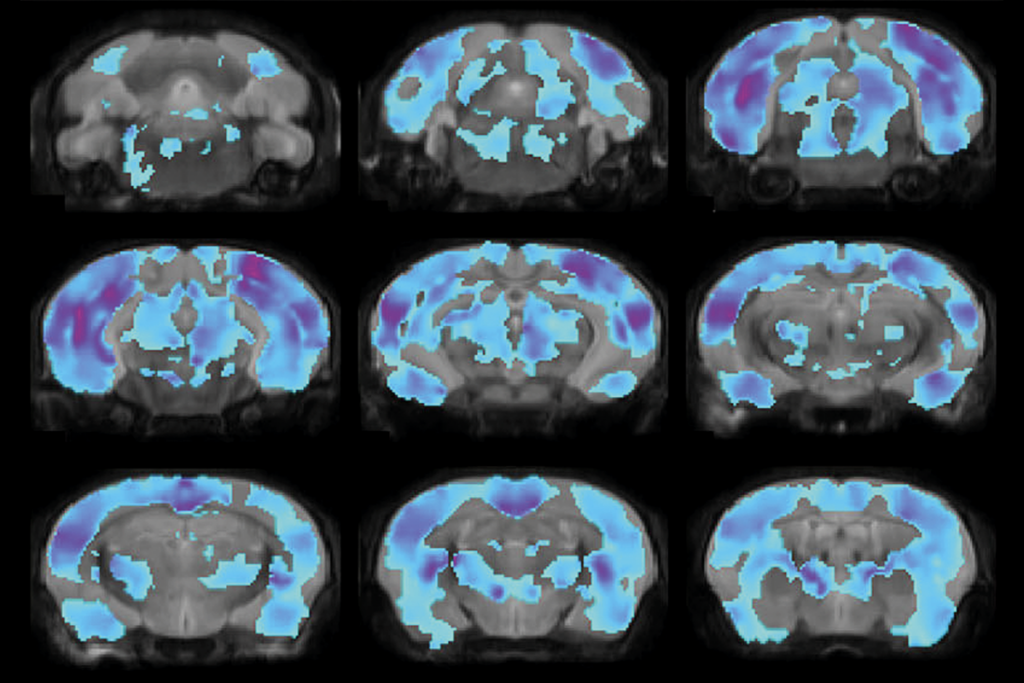- Mice missing the FOXP1 and FOXP2 genes in D1-receptor-expressing spiny projection neurons show increased firing of those neurons, as well as altered motor and social behaviors. Cell Reports
- Preferred interests, a core trait of autism, are often reported by parents of toddlers, and having such interests—regardless of interest type—correlates with eventual autism diagnosis. Autism Research
- Both coding and noncoding de novo variants in the SCN2A gene are associated with autism, according to a preprint. medRxiv
- A growing proportion of autistic teenagers in the Netherlands are not attending school; the latest estimate is 16 percent, up from 10 percent in 2021. NL Times
- Minimally verbal autistic children appear to fall into one of three categories: those with global delay, plus two other groups with distinct combinations of cognitive and communication skills. Autism Research
- Autistic people are three times as likely as the general population to develop Parkinson’s disease. Spectrum reported on the link between autism and neurodegenerative diseases in 2021. Nature
- Although disparities in autism prevalence between Black and white children have been decreasing—a trend that may reflect improved screening, awareness and access—many barriers to care persist. Autism Research
- The U.S. Department of Health and Human Services has released its report on progress made on the goals of the Autism CARES Act of 2019. hhs.gov
FOXP1 and FOXP2 genes; school absences; Parkinson’s disease
Here is a roundup of autism-related news and research spotted around the web for the week of 3 June.
By
Jill Adams
4 June 2024 | 2 min read
tags:
Recommended reading

NIH autism database announcement raises concerns among researchers
By
Angie Voyles Askham
5 June 2025 | 5 min read

Large study links autism to Parkinson’s disease
By
Charles Q. Choi
5 June 2025 | 4 min read
Explore more from The Transmitter

How developing neurons simplify their search for a synaptic mate
By
Calli McMurray
6 June 2025 | 6 min read

FlyBase funding squashed amid Harvard grant terminations
By
Calli McMurray
4 June 2025 | 4 min read
What do neuroscientists mean when they use the term ‘representation’?
By
Paul Middlebrooks
4 June 2025 | 127 min listen
Cite this article:
